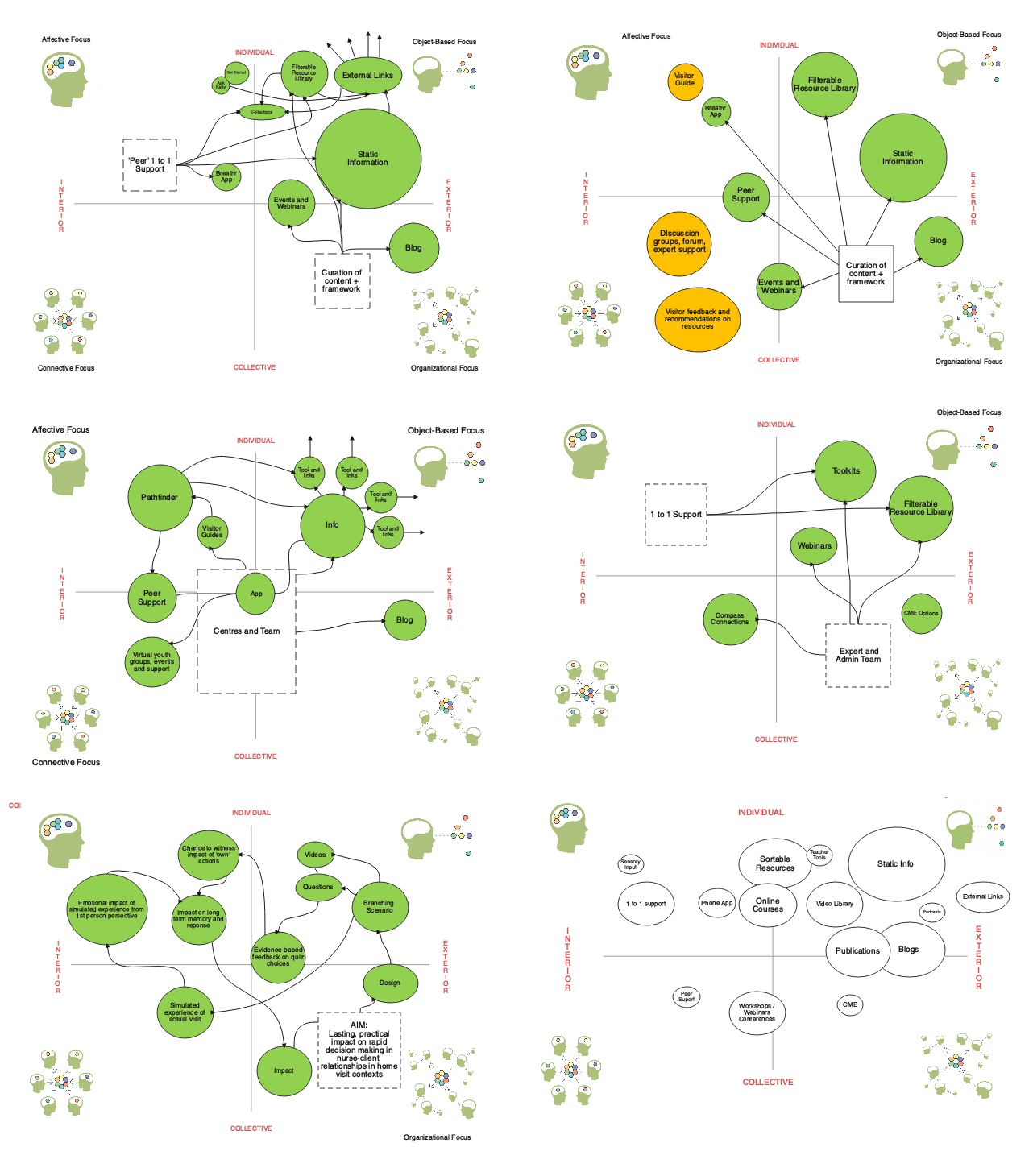
The Challenge
BC Children’s Hospital Health Promotion and Health Literacy Department commissioned Learnbase to produce a research-based education strategy. Research findings were acquired through the systematic gathering of both qualitative and quantitative data. Findings were used to generate insight and recommendations. The general goal of the research is to support the department’s vision to:
- become BC’s comprehensive mental health resource centre for children, youth, and families;
- empower healthcare practitioners and school professionals to better support children, youth and families in achieving mental wellness
Specific goals help to create a framework to help:
- develop, enhance and maintain education, training materials and resources that advances health promotion and health literacy for our target audience;
- ensure department programs and other offerings are in alignment and support one another;
- healthcare practitioners to identify early intervention needs of children and youth with mental health issues for treatment or referral;
- build capacity for health promotion and health literacy to enhance support for all children, youth, and families in BC.
The Solution
To establish a varied picture of the lay of the land in terms of stakeholder attitudes we carried out three different forms of research with three stakeholder groups:
In-depth qualitative interviews with departmental leadership and with departments connected to BCCH Health Literacy (a qualitative study)
A survey of clinician use and satisfaction with Health Literacy sites and resources (quantitative study)
Focus group interviews with Teachers and Parents to create affective snapshots of the emotional states of two main target user groups.
We also undertook a wide-ranging review of around 150 mental-health related websites and were able to cross reference and correlate aspects and qualities of the sites with the preferences and experiences articulated by the research base. We were able to identify key patterns of success based on design, navigation and tone.
To help explain and ground these findings and form the basis of a strategy, we used our Learnbase Learning Focus Maps, an approach we adapted from aspects of Ken Wilbur’s contributions to Integral Theory. We were able to show patterns of strengths and blindspots by mapping site formats and approaches over the focus map model.
Examples of mapping (Site names removed)

In fact the explanation of our application of Integral Theory was a central component of our strategy, so that the Health Literacy team could develop an ‘integral eye’ for education and web projects. Additionally, identifying that health sector trained project managers are generally not trained in production management but often have to oversee such projects, we developed a suggested procedure for production-based projects combining an Integral approach with Design Thinking.
Finally, rather than delivering the report as the usual PDF, we created a searchable and easily updatable knowledge base approach to allow the strategy to become a living document, also enabling the team to add, comment and discuss suggestions directly on every page.
The strategy is now actively in use.